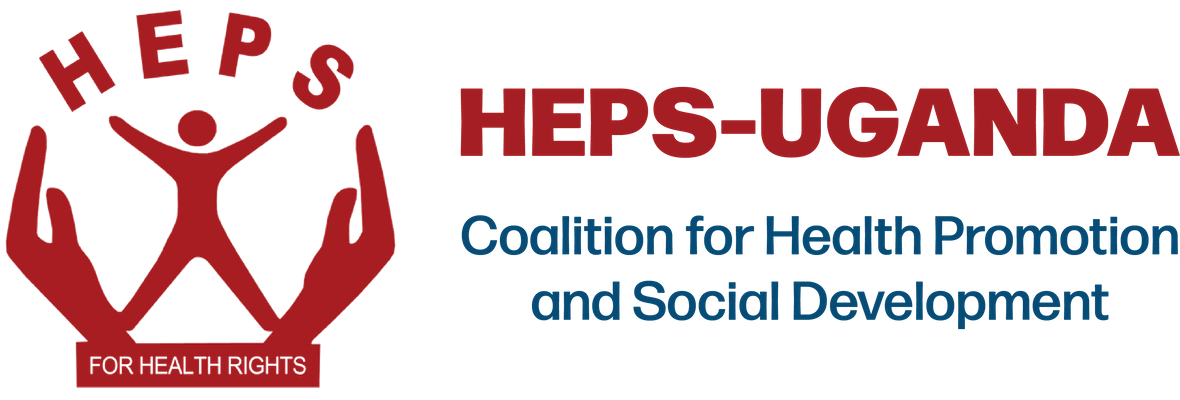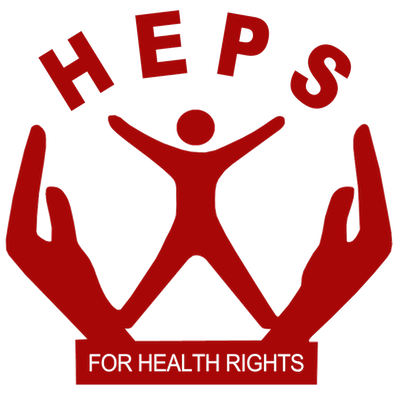HEPS-Uganda in partnership with VSO (Voluntary Service Overseas), has started a project Valuing Health Workers Research and Advocacy.
HEPS has taken on Patricia Thornton, a VSO volunteer, to manage and conduct the year-long study. Patricia has 30 years’ experience of social research in the UK and in the last five years in developing countries. She joined the HEPS-Uganda team in February 2010.
The purpose of the HEPS-Uganda and VSO research is to explore the lived experience of health workers in Uganda in order to capture their perceptions as actors inside the system. Taking a qualitative approach, the research will uncover the ways health workers in differing settings come to understand, account for, take action, and otherwise manage their day-to-day situations.
Put simply, the study will tell what it is like for health workers and why they do what they do. It will put their side of the picture and allow their voices to be heard. The study also will gather participants’ ideas on policy solutions to the problems that affect their lives and in turn the lives of health care users.
The study will be carried out across Uganda, talking with health workers in peer groups and individually. Nurses, midwives, doctors, clinical officers, and nursing assistants will be covered in public, not-for-profit and private sector organisations and at facilities of differing levels. The study will also interview key individuals in policy and managerial positions at district and national level, as well as in health advocacy organisations.
HEPS-Uganda will use the evidence from the res
earch to work with health sector allies to advocate for policy change in Uganda. VSO International will draw on this study, and on concurrent VSO-supported studies in Sierra Leone, Cambodia and Malawi, to advocate for change at the international level.
Many Ugandan women and men in health care jobs struggle to support their families on inadequate or unreliable salaries, juggle the needs of patients with the necessity to provide food and livelihood for themselves and their dependants, and face long, inconvenient or costly journeys to work day or night. The job satisfaction is frustrated by missing and ill-maintained equipment, insufficient drugs, lack of water and power, and poorly maintained premises along with understaffing. At the same time, poor support for career development and insufficient training for both client-facing and managerial responsibilities limit health workers’ prospects.
As everyone does, these men and women develop their own ways to survive difficulties, frustrations and under-valuing. Some of the strategies for coping provoke accusations of negligence of duty and abuse of power. Uganda Ministry of Health policy documents, for example, speak of high rates of absenteeism and of double-employment being out of control. The World Bank says Ugandan health workers who raise most of their income through agriculture are corrupt. The press in Uganda regularly runs exposés of service deficits, backed by patients’ stories that point fingers at named health workers.
Individuals get the blame for their actions and behaviours even if the cause lies with the healthcare system. The entire body of health workers is labelled by the Ministry of Health as poorly motivated and having poor attitudes, with claims that low motivation and poor attitudes in the public sector contribute to under-use of healthcare services.
HEPS-Uganda welcomes VSO International initiative
only 43 percent of all health facilities that provide this care have integrated prevention of vertical transmission services.
Many clinics and other sites providing prevention of vertical • transmission services experience regular stock-outs of ARVs and prophylaxis medicines due to problems related to inefficiencies in the supply chain and distribution system.
• Mothers reported feeling they can afford neither exclusive breast-feeding nor the recommended alternatives. Stigma, poor nutrition (among mothers), cultural pressures and general poverty have forced many of them to the more risky mixed feeding practice.
• The health infrastructure does not have the human or financial capacity to meet the increased demand created by women seeking prevention of vertical transmission services.
At the workshop, members thanked HEPS and ITPC for carrying out the study and called upon the government to address the identified gaps.
Similarly HEPS in partnership with Northern Uganda Coalition for Health Advocacy (NUCHA) organised a one day round table workshop with policy implementers to discuss the report. The meeting was held in Lira at Gracious Palace and it attracted over 30 participants from the CSO fraternity, government officials and PHAs (positive mothers).
At the meeting, members agreed to hold round table discussions with stakeholders involved in delivery of PMTCT medicines to iron out issues of coordination in the delivery of PMTCT medicines.
HEPS pledged to provide support to the coalition to carry out the activity.
Patricia Thornt





